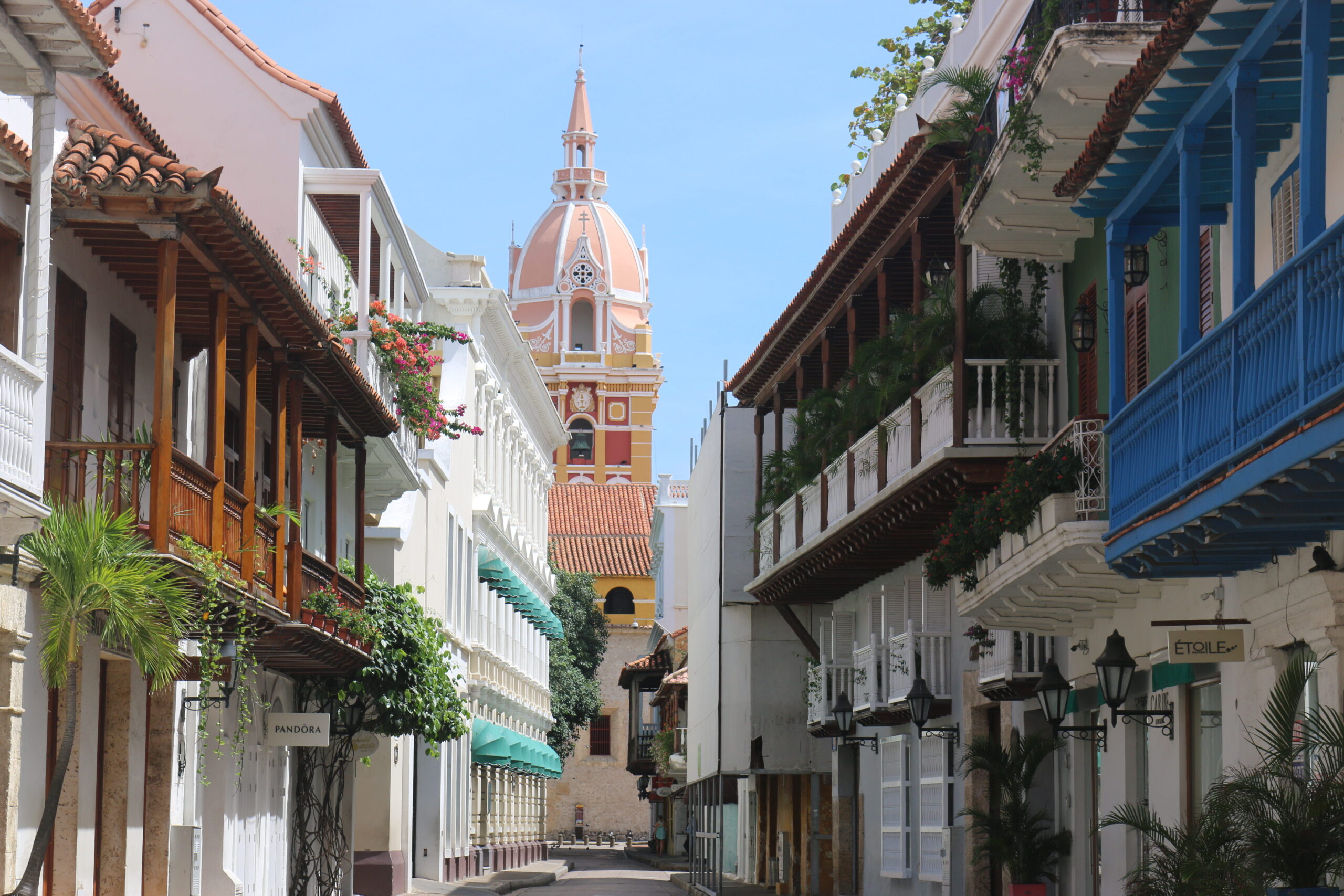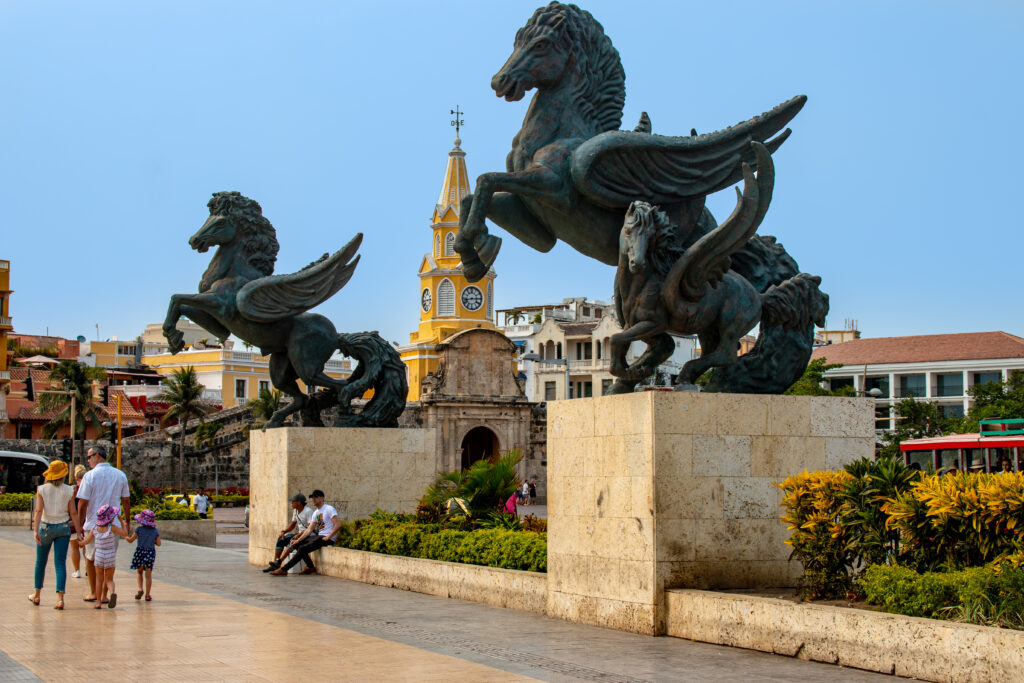
General Safety Recommendations for All Participants
Transportation
- Be cautious when using public transportation, including taxis. Always stay alert, especially after dark, and take sensible precautions.
- Agree on the fare before getting into a taxi. In Cartagena, taxis do not have meters, so you won’t know the fare in advance. Always ask or agree on the price before getting in. If unsure, ask your accommodation staff for guidance or request a taxi from your hotel’s reception to have a record of the taxi company, vehicle plate number, and driver details. Minimum fare of $9,800 COP: around 2.45 USD and there is a night surcharge of $900 around 0.225 USD.
- Directly hailing a taxi on the street without agreeing on a fare may lead to overcharging.
- Instead, if you feel comfortable, please use transportation Uber or Didi apps in order to have the right fees according to your trips.
Personal Belongings
- Do not carry your credit card, travel tickets, and a big amount of money together. Leave
cash and valuables in a safe place. - If you are a foreigner, do not carry your passport unless absolutely necessary. Leave a copy of your passport (and travel and insurance documents) with family or friends at home or at the hotel.
Visibility and Transactions:
- Avoid displaying flashy items (jewelry, watches, etc.) and large sums of money in public. Do not use ATMs after dark, especially if you are alone. Make sure no one has followed you after making a transaction.
Navigating the City
- Avoid dark and unlit streets and stairways. Arrange to be picked up or dropped off as close to your hotel or apartment entrance as possible.
Accommodation
- Ensure that your accommodation has adequate security.
Purchases and Services
It is recommended not to shop at informal establishments and to use services from certified tour operators.
Ask for the price before receiving a massage. On the beaches, vendors may approach you with various offers. If interested, always ask for the price before consuming or using the product. This is particularly important with masseuses who might start giving a massage without your consent and then charge you. Be polite but firm in your refusal if you are not interested.
Personal Safety
Keep a close watch on your personal belongings and keep them close and in sight in public places like internet cafes and bus stations.
Secure your valuables. Keep electronic devices and valuables out of sight. Avoid walking with your phone in hand, a camera around your neck, or wearing flashy jewelry and accessories. Only take what you need when you go out, and store your valuables securely when not in use.
Dining
Check food and drink prices. Cartagena offers a wide range of dining options, but be cautious of potentially high prices, especially at beach restaurants. Ask for the menu beforehand, review it carefully, and take a photo if necessary. Ensure that the billed amount matches the menu prices. Note that tipping in Colombia is voluntary, with a suggested rate of ten percent (10%) of the total bill.
RESPONSIBLE TRAVELER BEHAVIORS TO SUPPORT SUSTAINABLE TOURISM

At Colreservas, we are committed to sustainable tourism development and invite you to adopt the following responsible behaviors as a traveler:
ENVIRONMENTAL AND NATURAL HERITAGE PROTECTION
- Dispose of trash in designated containers. If you visit natural destinations without available trash bins or containers, please keep your waste until you find an appropriate place.
- Where possible, separate solid waste. This allows establishments to recycle and repurpose waste for other uses.
- Use water responsibly. Avoid wasting this valuable resource.
- Do not pollute water sources such as waterfalls, rivers, lakes, and seas. Avoid throwing solid or liquid waste that could affect these water sources.
- If you visit natural heritage sites, comply with the established rules. Avoid damaging, altering, or affecting ecosystems and landscapes in any way.
FLORA AND FAUNA PROTECTION
- Do not buy, retain, or sell species of wild flora and fauna. This trade is illegal and penalized by law.
CULTURAL HERITAGE PROTECTION
- Ensure that the souvenirs you bring from your trip are not part of the country’s cultural heritage: monuments, archaeological elements, ruins, jewelry, stones, or other items that belong to indigenous or prehistoric works.
- Do not destroy, remove, decorate, or relocate any item that is part of the cultural heritage of the destination you visit.
- If you see someone trafficking cultural goods, report it to the competent authorities.
- Respect the culture of the communities you visit. Avoid mocking or actions that may offend the local people.
PROTECTION OF CHILDREN AND ADOLESCENTS
- Do not seek, use, or promote sexual tourism practices with minors. If you witness any situation evidencing the sexual exploitation of children and adolescents, report it to the competent authorities. This is a crime penalized by law.
CONTRIBUTION TO THE ECONOMIC SUSTAINABILITY OF DESTINATIONS
- Buy goods, use services, and try the local cuisine of each destination. In this way, you support the local communities of the destinations you visit.
















